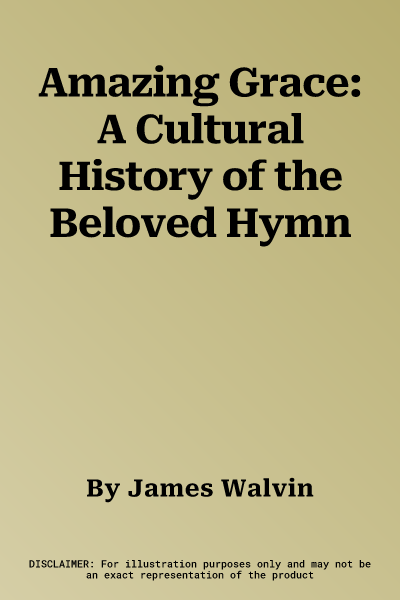A fascinating journey through the history of "Amazing Grace," one of
the transatlantic world's most popular hymns and a powerful anthem for
humanity.
Sung in moments of personal isolation or on state occasions watched by
millions, "Amazing Grace" has become an unparalleled anthem for
humankind. How did a simple Christian hymn, written in a remote English
vicarage in 1772, come to hold such sway over millions in all corners of
the modern world? With this short, engaging cultural history, James
Walvin offers an explanation.
The greatest paradox is that the author of "Amazing Grace," John Newton,
was a former Liverpool slave captain. Walvin follows the song across the
Atlantic to track how it became part of the cause for abolition and
galvanized decades of movements and trends in American history and
popular culture. By the end of the twentieth century, "Amazing Grace"
was performed in Soweto and Vanuatu, by political dissidents in China,
and by Kikuyu women in Kenya. No other song has acquired such global
resonance as "Amazing Grace," and its fascinating history is well worth
knowing.

